


For a fleeting moment in the middle of 2020, the flu pandemic of 1918 was relevant once again.
In all my years of history classes, the pandemic that killed about three times as many as those who died in World War I had rarely merited more than a passing mention. But at the height of the COVID-19 pandemic in 2020, it seemed that the flu pandemic of 1918 was being remembered once again. One history teacher told me that those in the field were reevaluating the 1918 pandemic and that maybe it would get a more prominent place in classrooms going forward.
Yet three years since the world shut down, not only has the 1918 flu pandemic faded back into historical obscurity, but I also worry that COVID-19 is headed in the same direction. Classroom mask mandates ended in Princeton barely a year ago, yet the entire affair seems to feel more and more like a passing dream.
So what, we might ask? Why should we look back? I think we should remember, for two reasons.
The first reason is that Princeton has changed, and we can only see what’s gone right and what’s gone wrong when we notice the changes. Technology has changed: Three years ago, some classes still had handwritten problem sets submitted in a mailbox. Today, the online portal Gradescope is the universal norm. Our community has changed: Organizations that relied on in-person programming are still struggling to recover from nearly two years of uncertain openness. And while Princeton has raced towards a fully in-person experience, the workplace students are graduating into has changed: Jobs are more and more likely to be completely remote.
But there’s a second reason to remember: simply that March 2020 is worth remembering. The months that so many of us spent in near-total isolation are going to seem unimaginable to those in the future — they’re hard for us to imagine ourselves. The death count remains absolutely staggering. Few world events affected as many people as suddenly as COVID-19 did. It shouldn’t be buried as a historical footnote.
We’re swimming against the tides of history. The dramatic events of March 2020 are hard to tell because they took place in homes and schools more than on the floor of Congress. The characters of COVID-19 will never be as compelling as those of a contested election or even an inspired activist movement.
We cannot control how history will treat the present. But we can give the most accurate history a fair chance by telling the stories rather than forgetting them. So today, as the last class that was on campus on March 13, 2020, is just months away from graduating, we choose to remember the past three years of COVID-19 at Princeton and reflect on how our campus has changed.
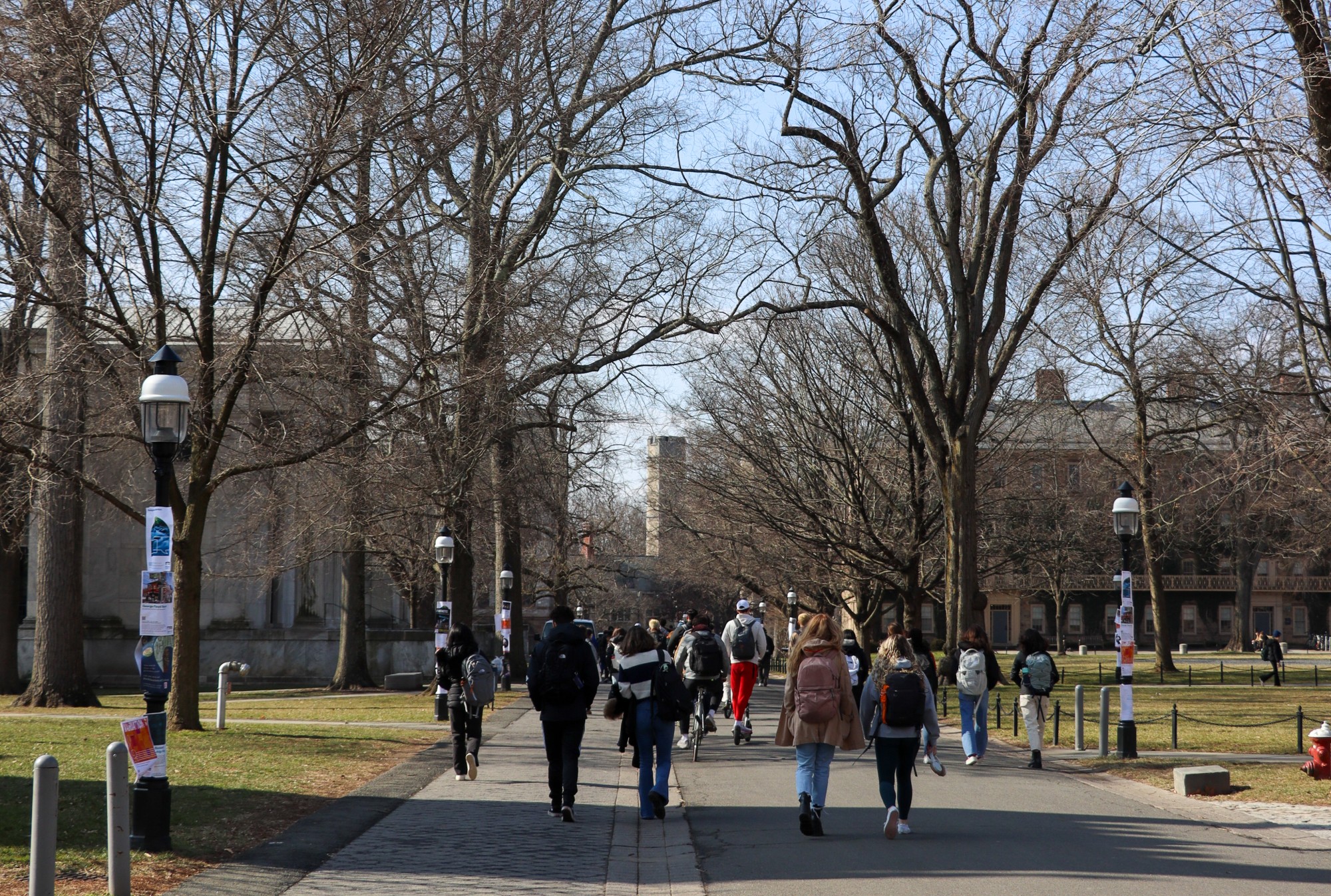
‘Prince’ looked back at the days before students were sent home from Princeton’s campus in March 2020. Students described the hectic “haze” of that time, a mix between confusion and celebration as they tried to make sense of the rapidly changing environment ahead of them.
Read More!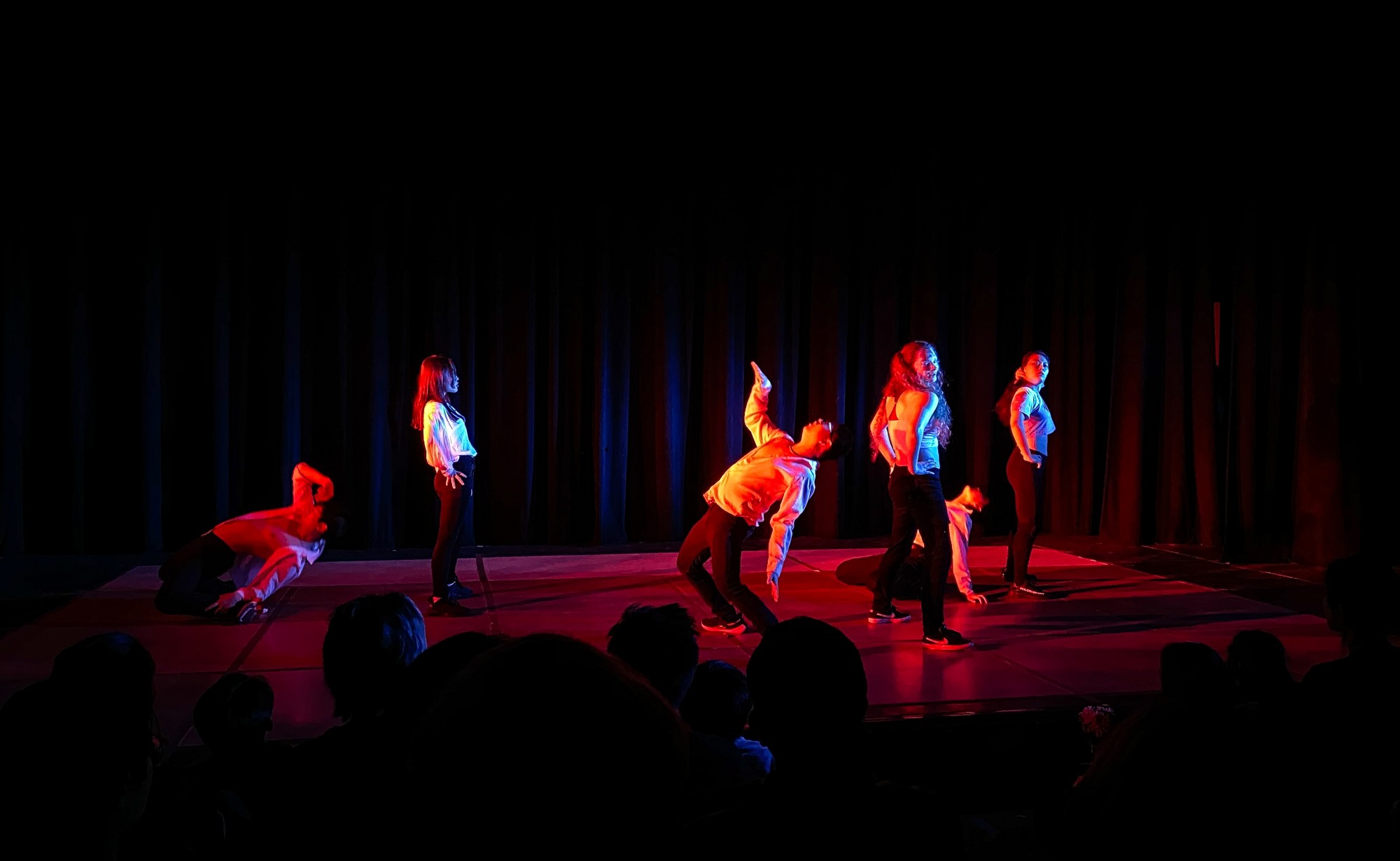
The Daily Princetonian interviewed several student organizations on the impact of COVID-19 on club operations, and how student involvement and opportunities have changed and expanded from pre to post-pandemic.
Read More!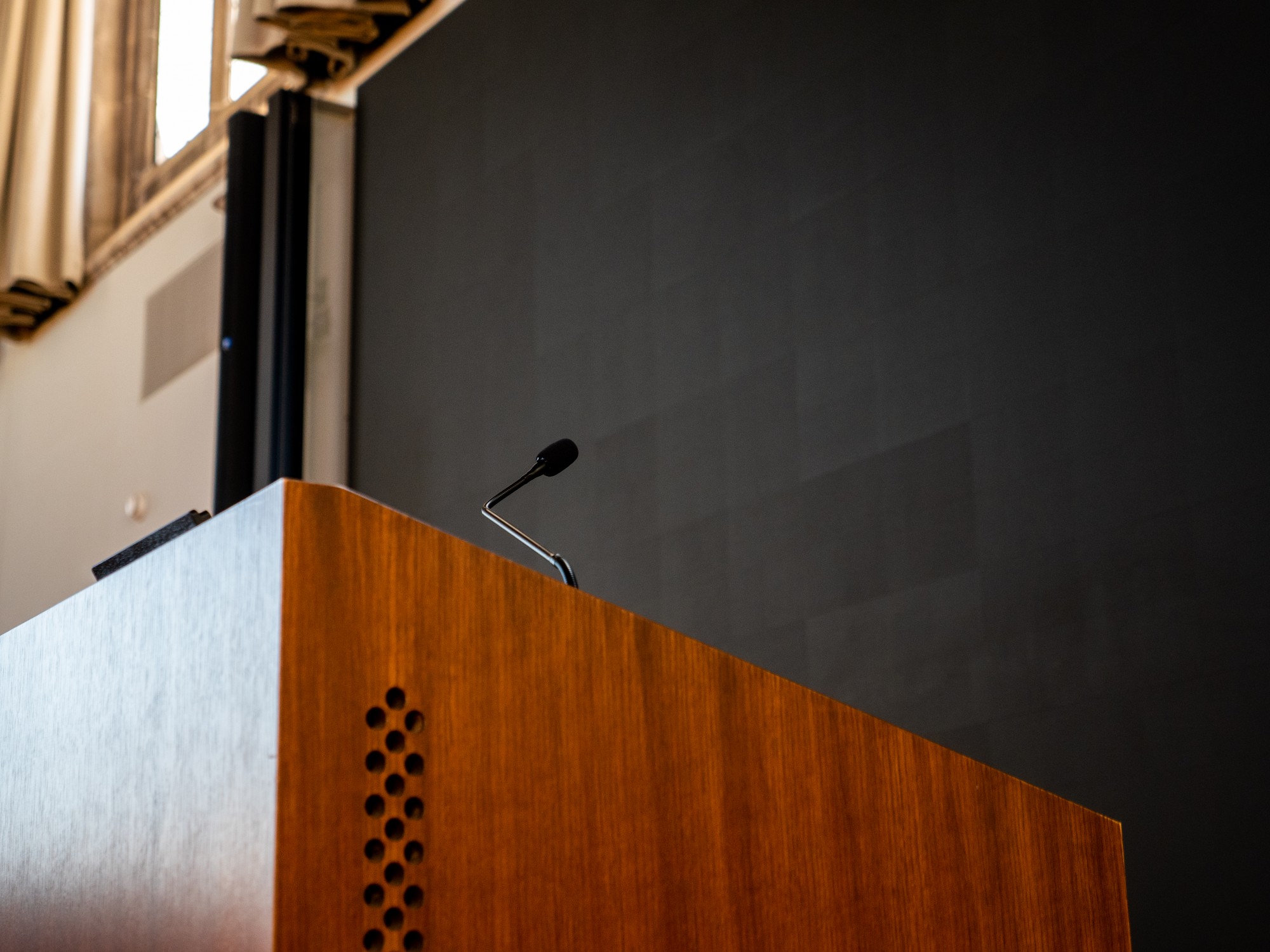
The ‘Prince’ analyzed the changes in course ratings during and after the pandemic.
Read More!
“Now, as both a university and a country, we stand at a crossroads. COVID-19 restrictions continue to fall away as we ‘open up’ and ‘return to normal.’ Yet the events of the last three years are not erased by this return to normalcy. Many of us, including myself, continue to feel the moral burden associated with getting COVID-19. This makes Princeton’s current COVID-19 policies difficult to navigate.”
Read More!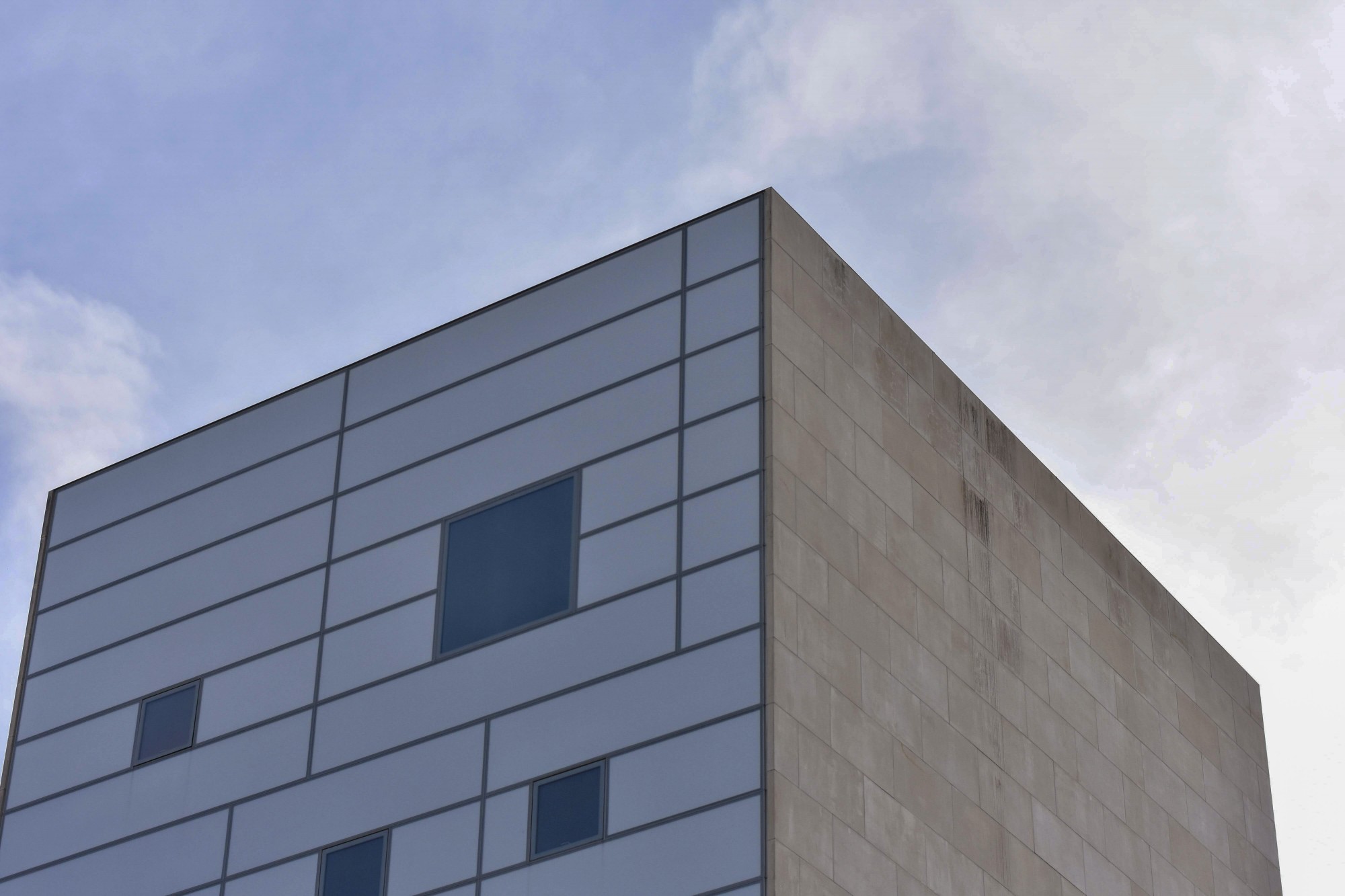
“The differences between before and “after” the pandemic appear to me in the interstices, or around the edges of an otherwise happy picture. We’re back, but we seem more tentative.”
Read More!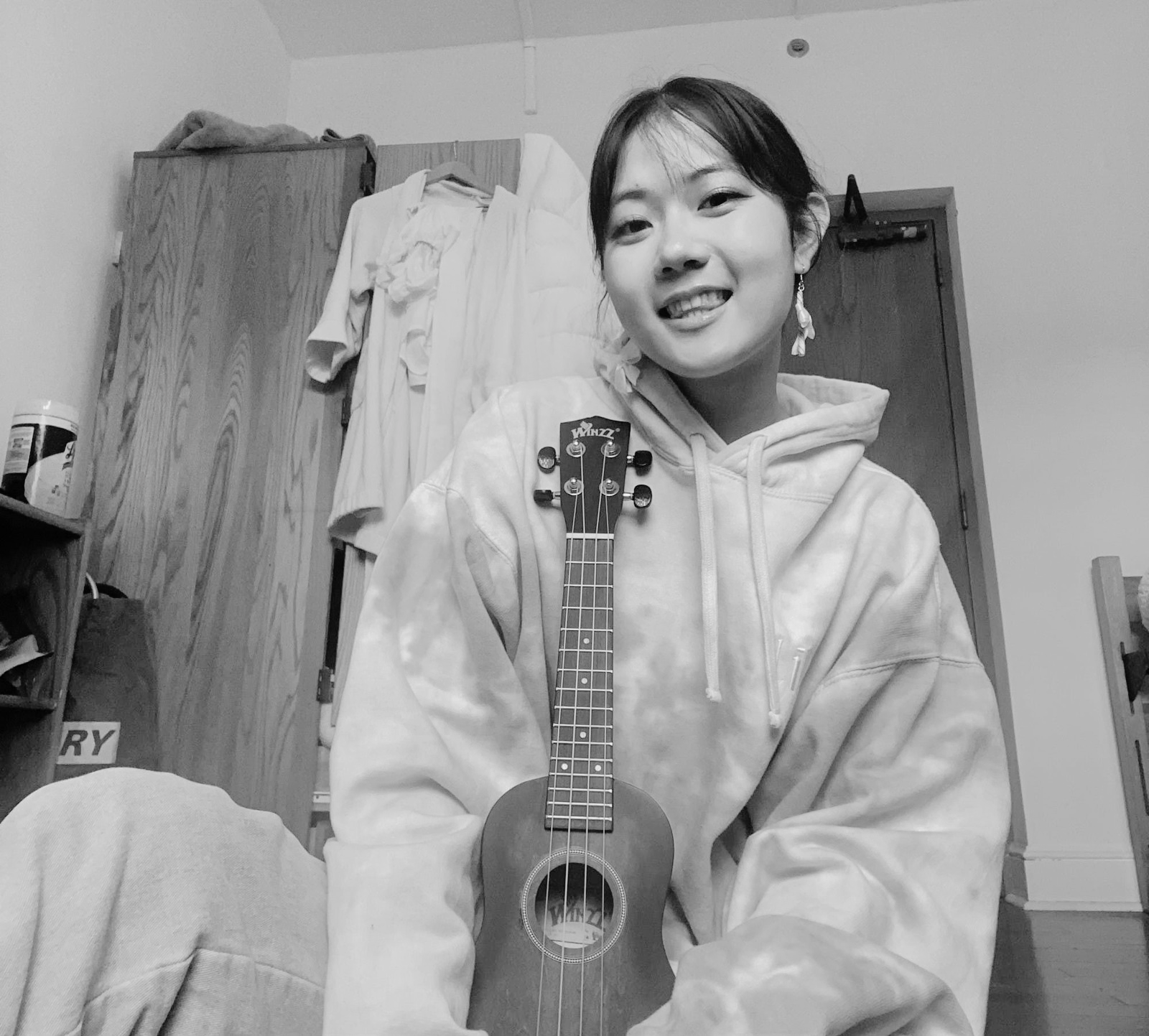
I am rarely the star of my own works, which is oxymoronic since they’ve all been labeled “self essays.” This time is going to be different, though. This time, my co-protagonist is not a past lover. It’s the global pandemic that shook the world in 2020 — say it with me — COVID-19.
Read More!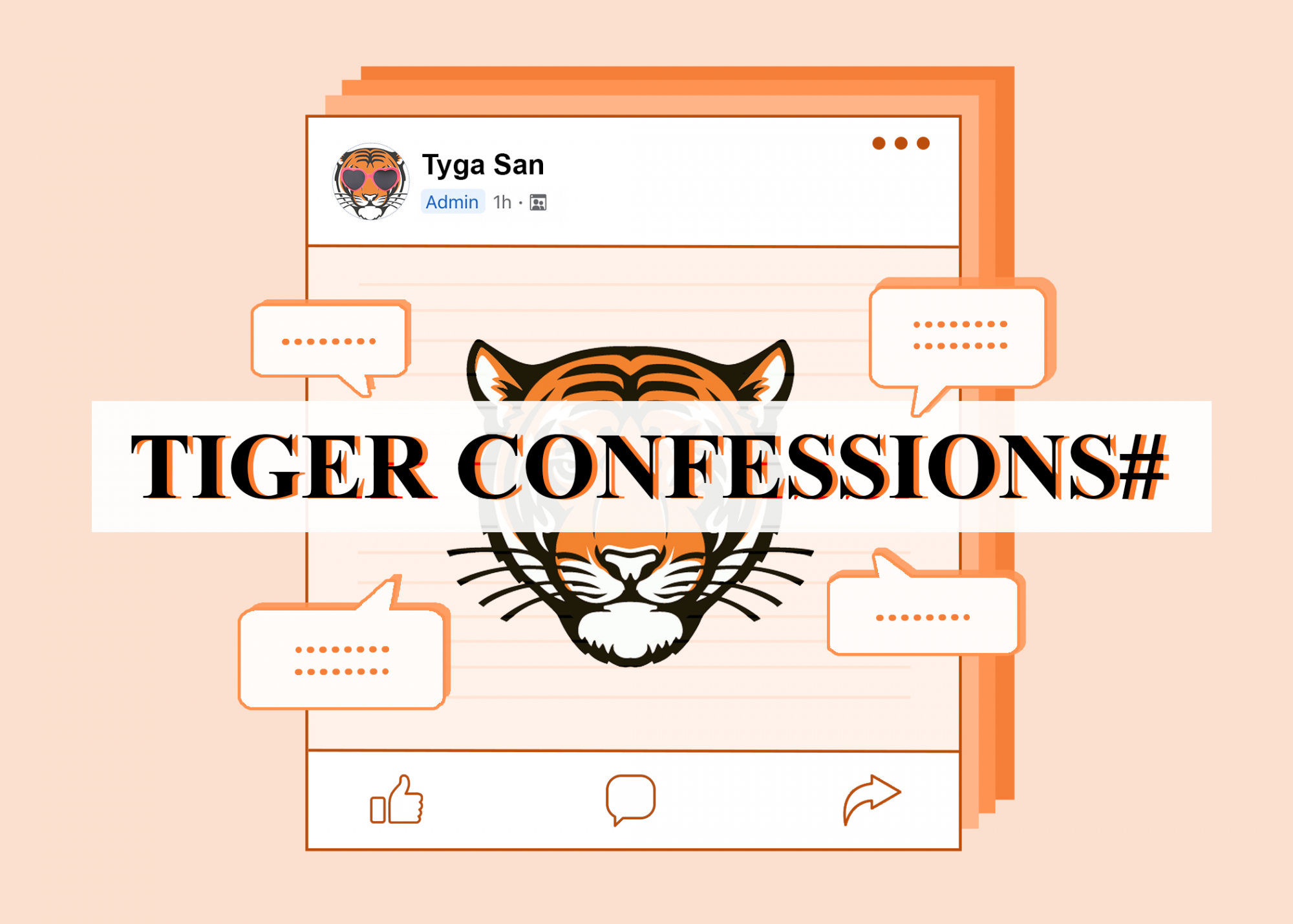
The 'Prince' looked at topics of discussion on the anonymous Facebook group TigerConfessions from October 2019 to mid-January 2023.
Read More!
“But to suggest that most of our interactions, professional or personal, should shift to an asynchronous online format is misguided: it completely ignores the importance of structure and personal contact. Zoom is not the solution — it is a crutch — and one that ought to be avoided when possible.”
Read More!
“Virtual platforms, in their ability to be used universally, liberate us from sitting in an office for eight hours a day and direct us toward a more holistic approach to life.”
Read More!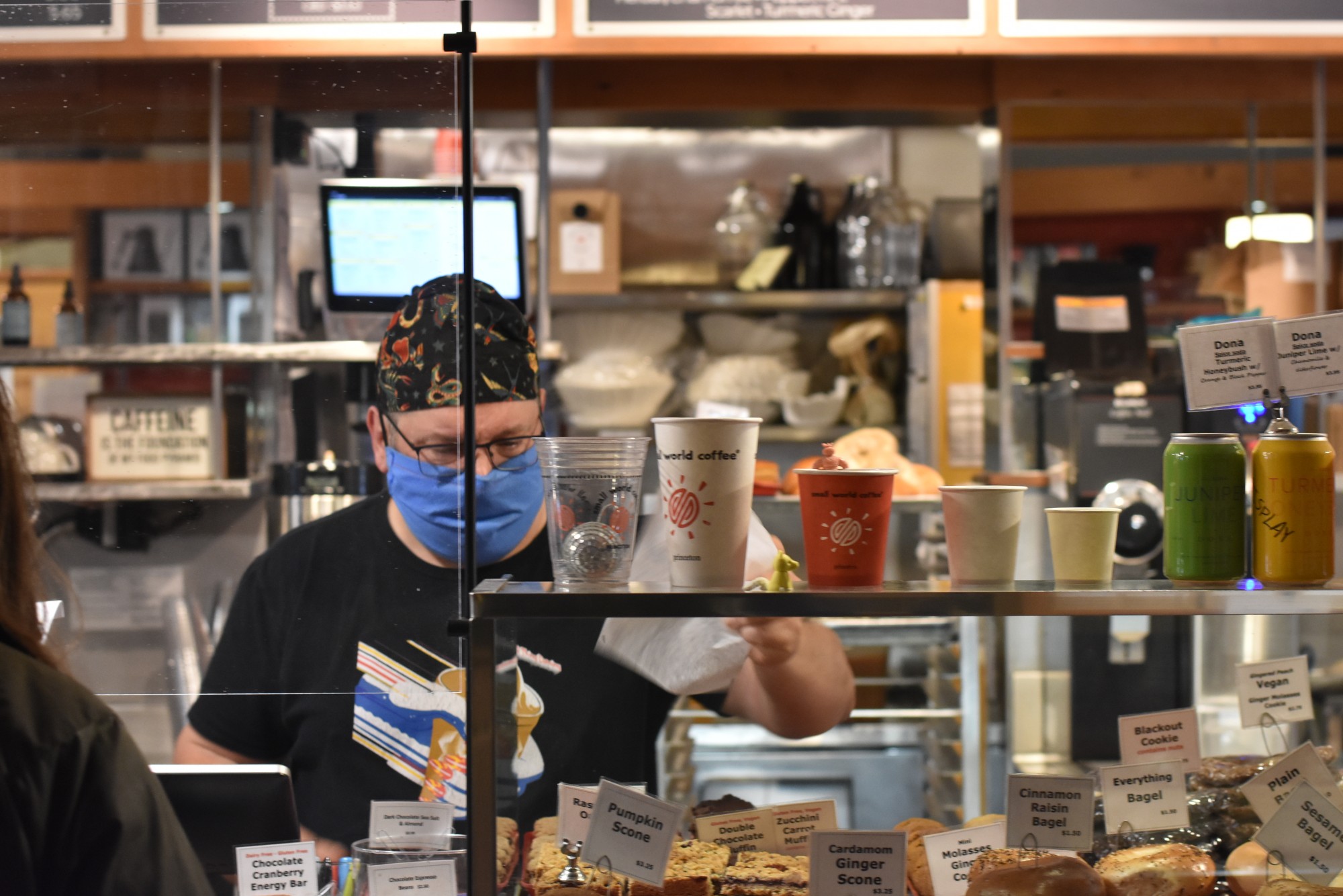
Amidst transitions back to in-person student life, ongoing campus expansion, and a new administration-backed dining pilot, USG’s Community Dining Task Force’s work on implementing the Pay with Points and Tigers in Town programs is an example of a widely celebrated student-driven effort to build inclusivity and community through dining.
Read More!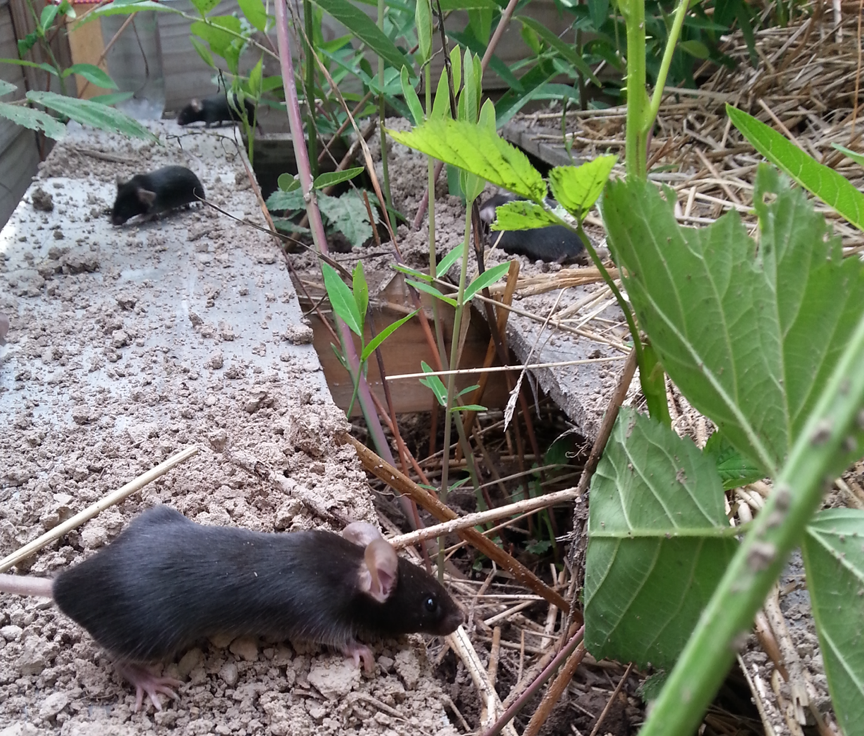
In this episode of Brains, Black Holes, and Beyond, Senna Aldoubosh and Ketevan Shavdia sit down with Alexander E. Downie, a Ph.D candidate in the Graham lab, to learn more about his upcoming dissertation on the immune susceptability of rewilded lab mice. Downie discusses his research with rewilded lab mice, a recent New Yorker article featuring the Graham lab, and advice for students pursuing grad school.
Read More!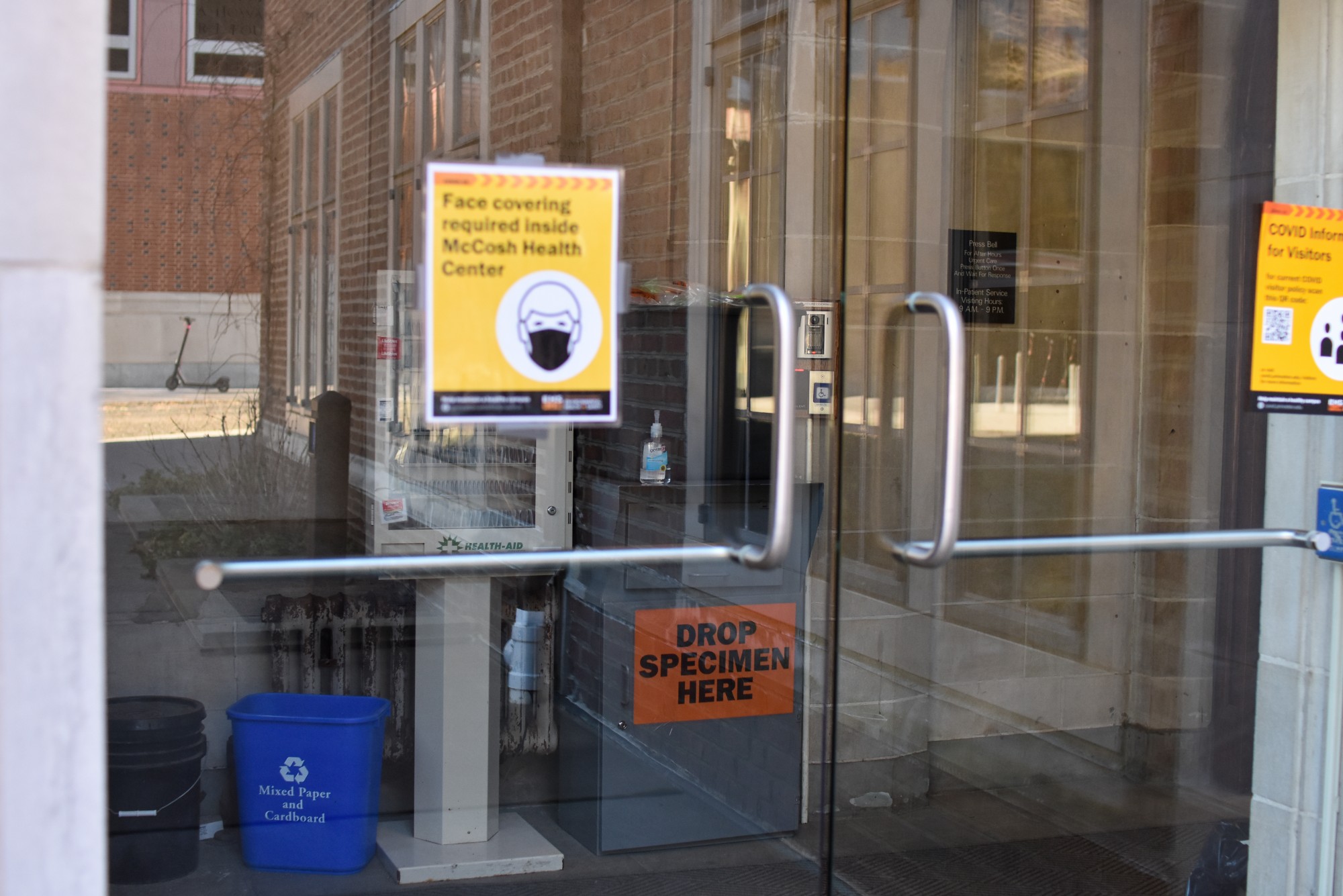
How have COVID testing patterns changed throughout the pandemic? We looked at the numbers.
Read More!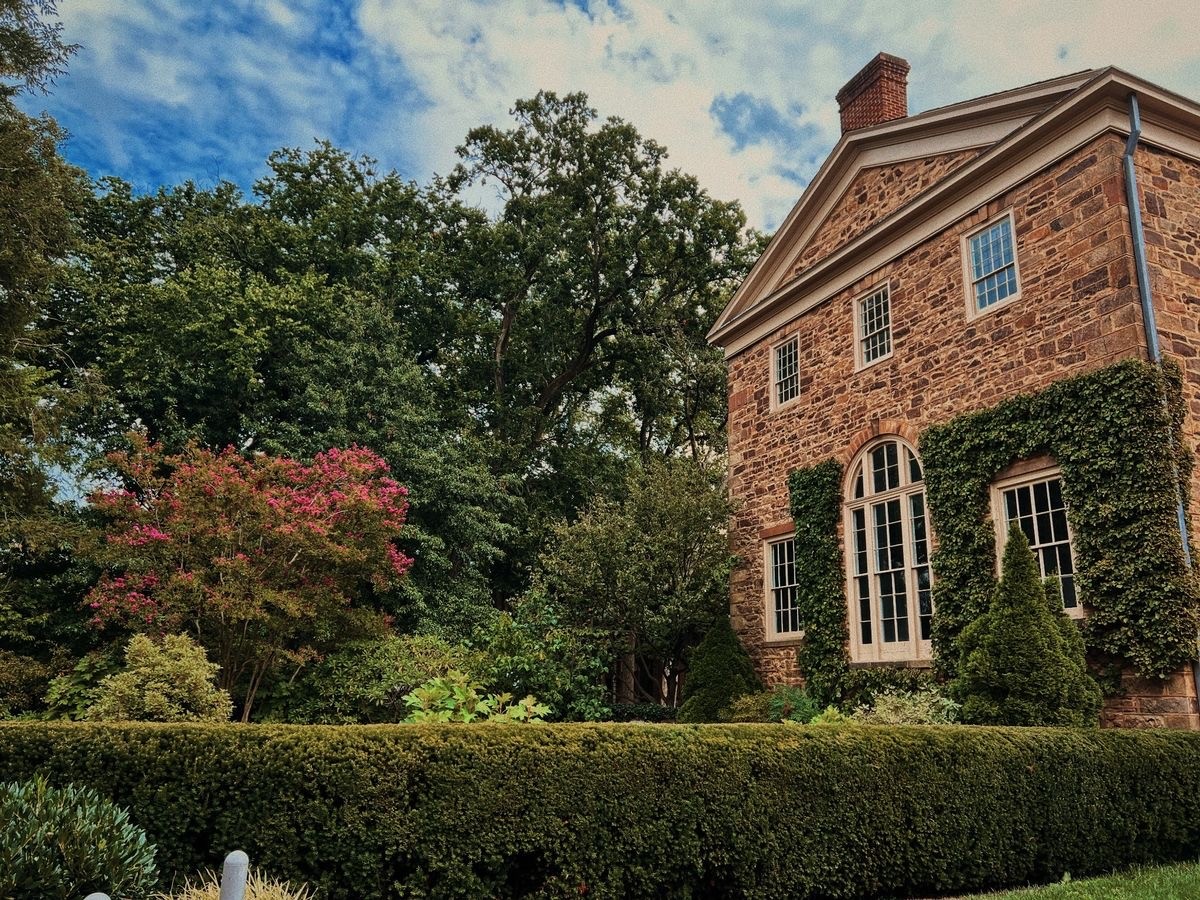
“Requiring the submission of standardized test results is not only harmful to FGLI applicants because it is more difficult for them to perform well on these exams, but also because the requirements deter them from applying in the first place.”
Read More!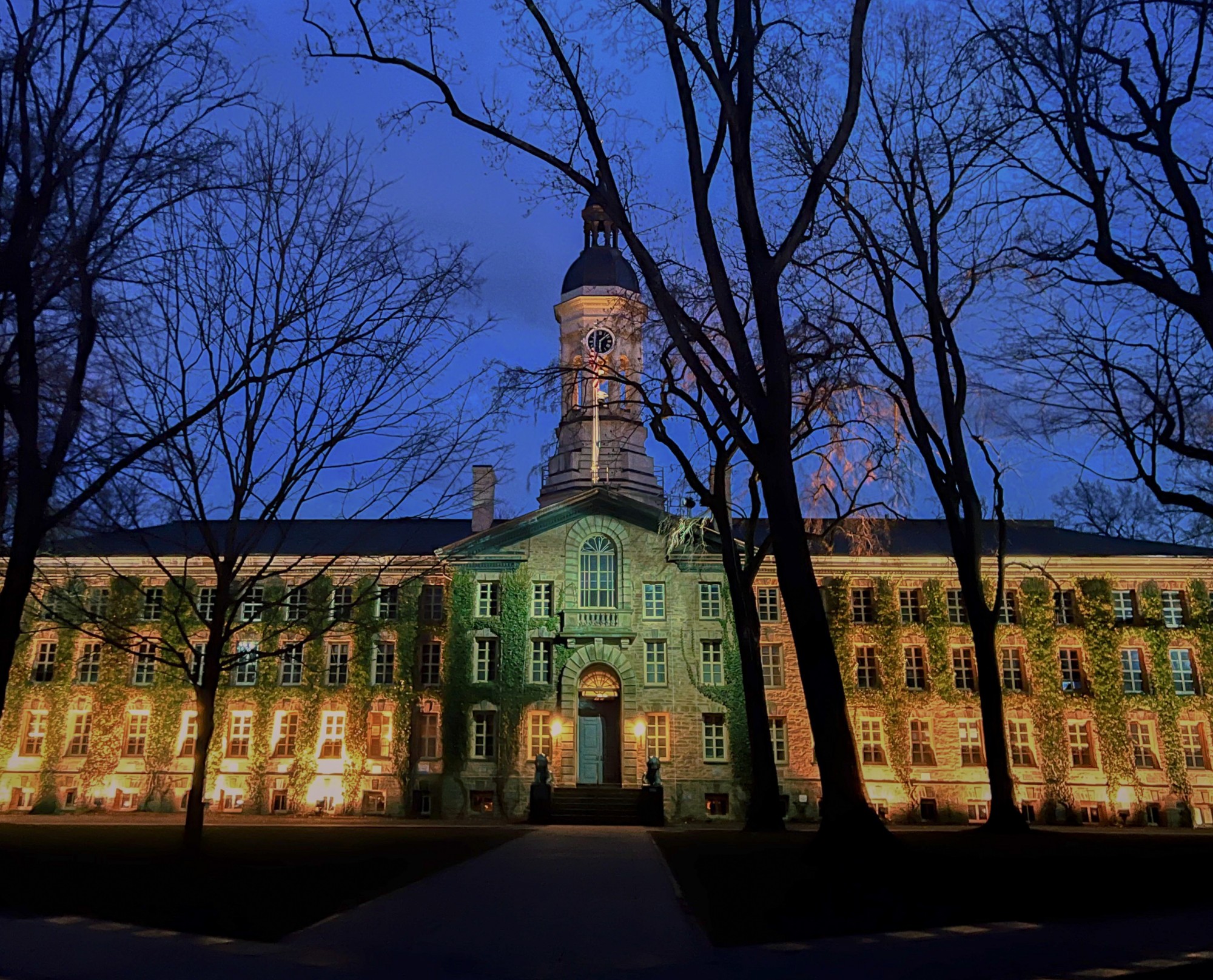
“Yes, the SAT is skewed towards the privileged, but in deciding whether we should get rid of it, the question isn’t whether the test is skewed, but rather whether it is excessively skewed compared to other components of holistic admissions.”
Read More!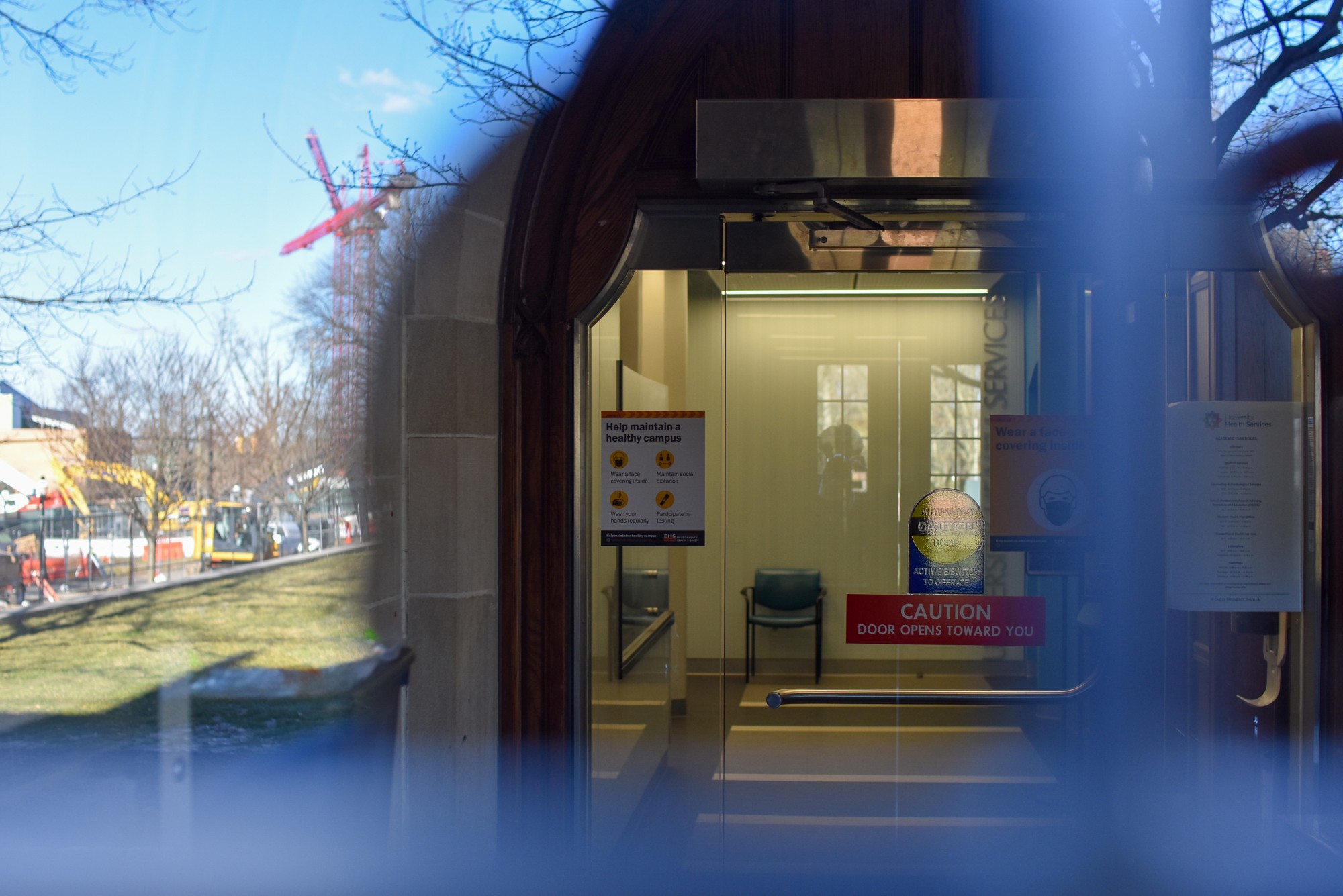
Take a look at how campus crowds have changed throughout the pandemic. Our photo essay captures the changes from lockdown to reopening, with a poignant reminder of the remnants of COVID-19.
Read More!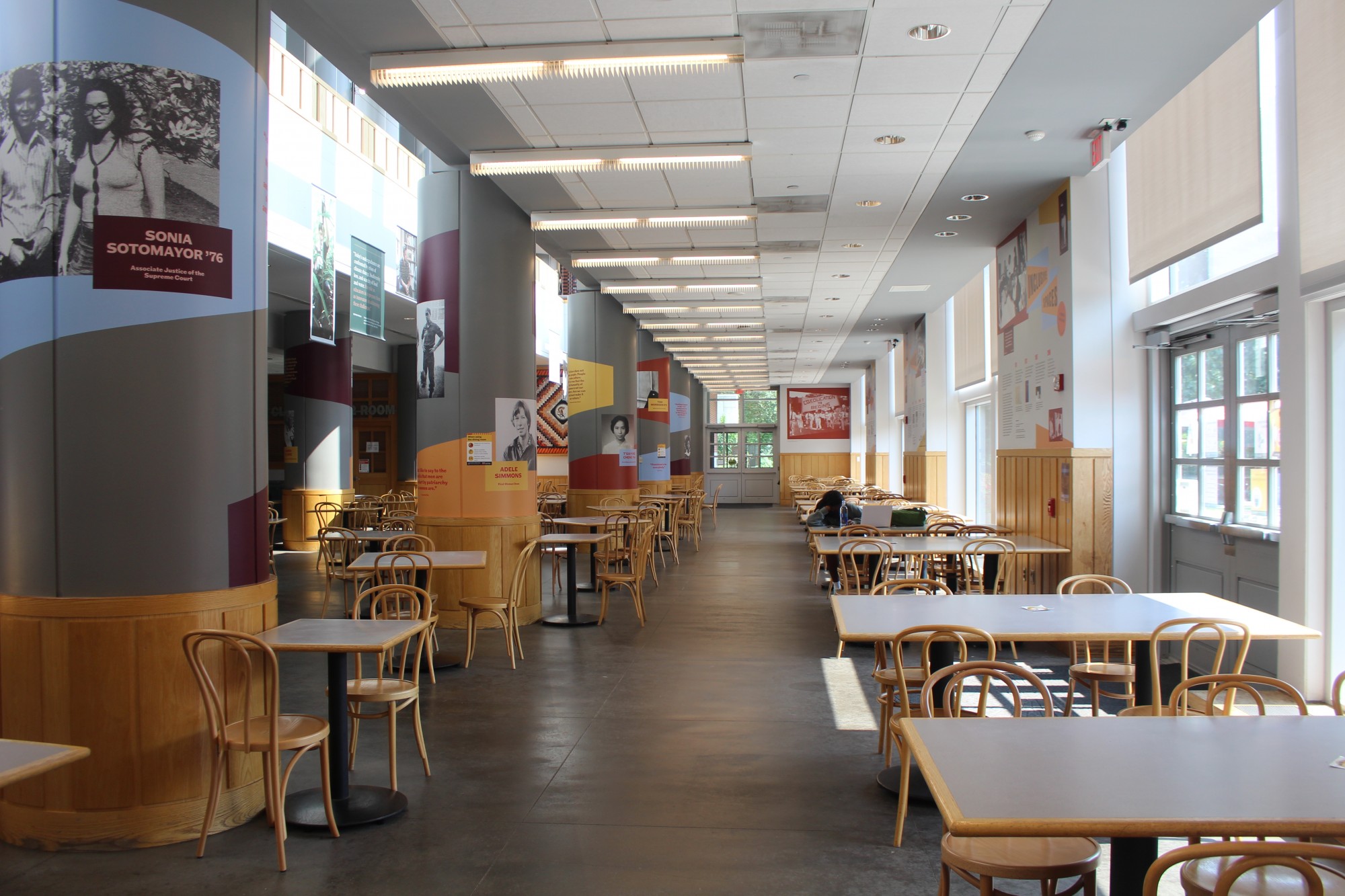
Nearly three years after COVID-19 sent students off campus, professors and administrators are split in their views of what role virtual learning should play in Princeton courses.
Read More!
“The question is, how do you know if a sick friend wants to be visited? People respond differently to illness, and the same person suffering from the same condition at one point might respond differently at another point.”
Read More!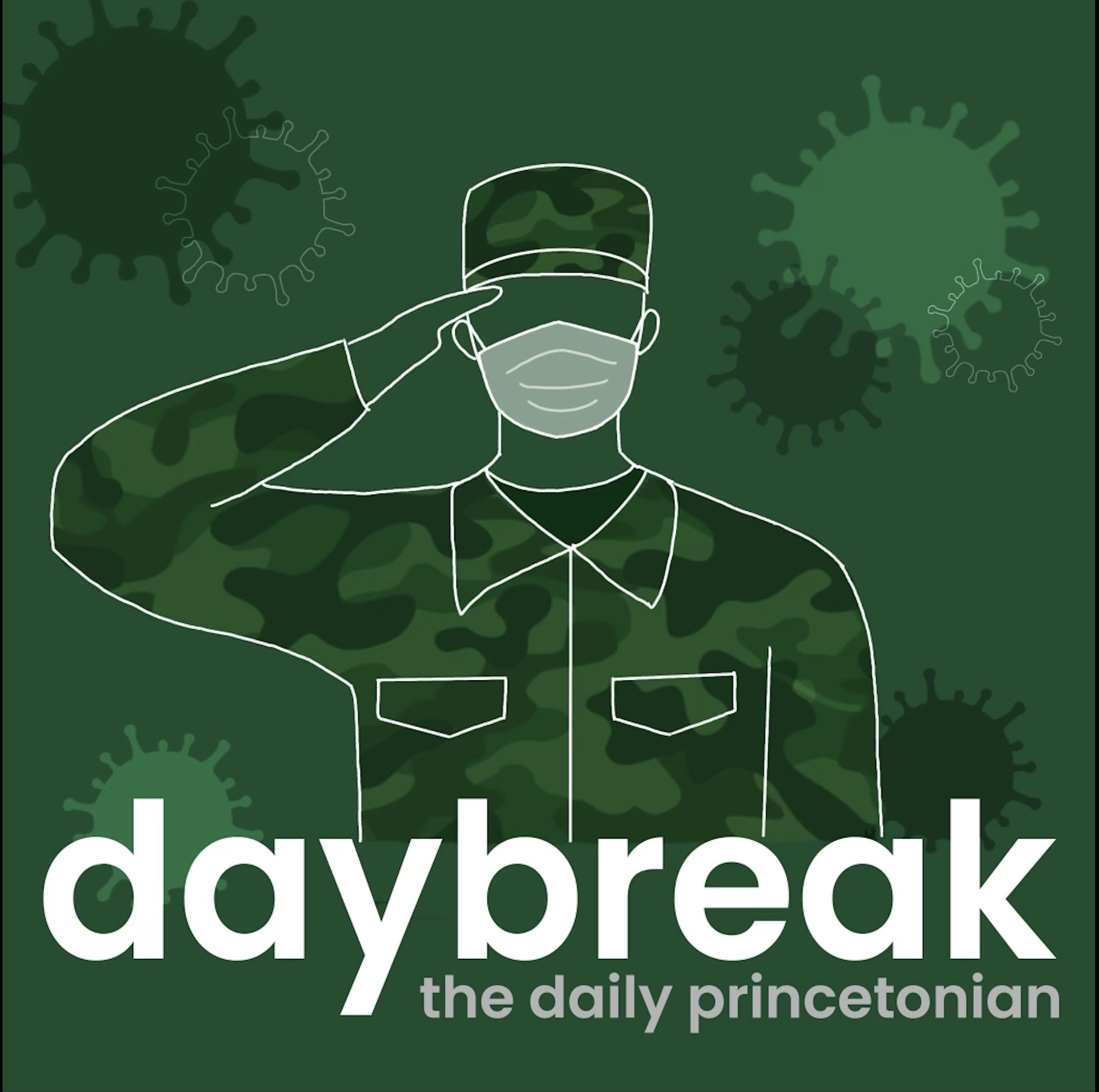
In this episode: students who took a gap year — but more specifically, how some international students spent their pandemic gap years serving in their home country's military.
Read More!Web design by Associate Web Design and Development Editor Vasila Mirshamsova